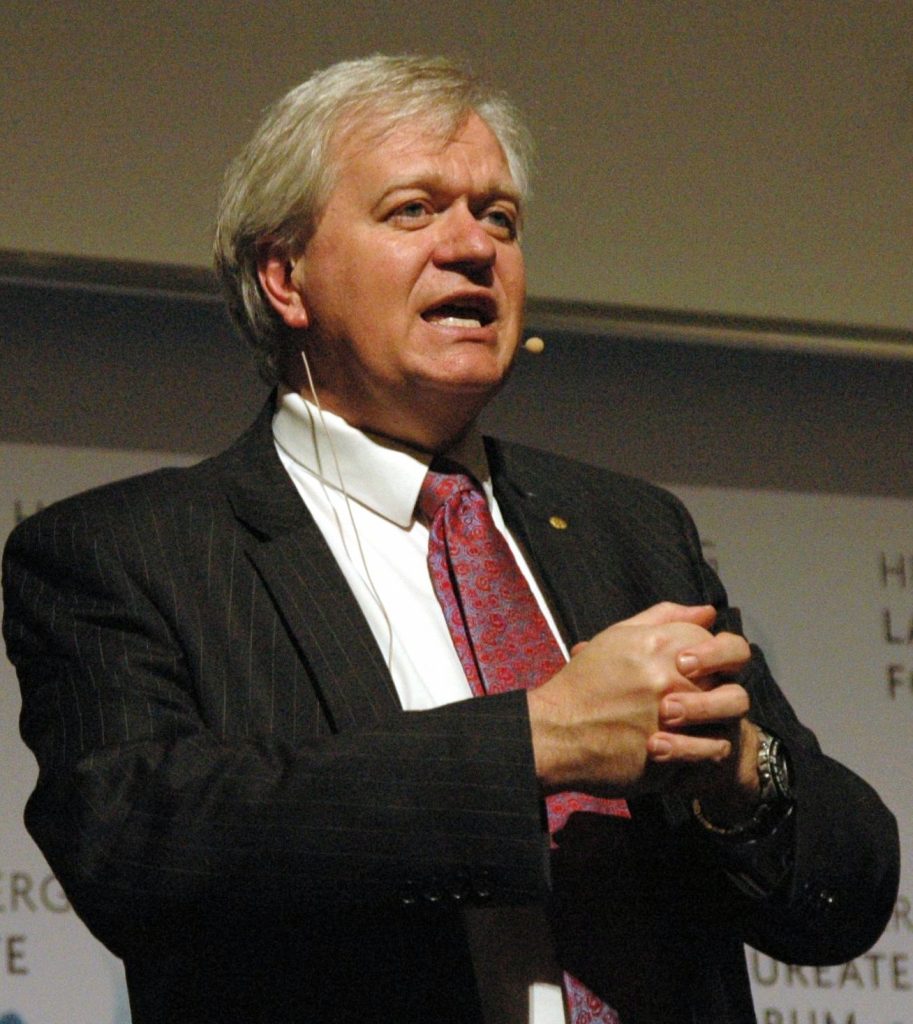On the way to better understand the Universe
HITS is scientific partner of the ARC Centre of Excellence for All Sky Astrophysics in 3 Dimensions – led by the Australian National University
How did the Universe form matter in the first moments after the Big Bang? How did the first stars emerge and evolve into galaxies? How did the stars create the chemical elements in the Universe? These questions will form the focus of the new ARC Centre of Excellence for All Sky Astrophysics in 3 Dimensions (CAASTRO 3D). This is a 25 million Euro international project funded by the Australian Research Council (ARC), involving around 200 investigators at institutions from three continents, including astronomers, astrophysicists, engineers and computer scientists. The center is led by Prof. Lisa Kewley from the Australian National University. The 15 partners come from Australia, USA, Canada, UK, China and the Netherlands. HITS is the only German institution participating. The research groups Astroinformatics (Head: Kai Polsterer), Physics of Stellar Objects (Head: Friedrich Röpke) and Theoretical Astrophysics (head: Volker Springel) are bringing in their scientific expertise in galaxy formation, Dark Matter, Supernovae and machine learning methods to deal with big data in astronomy.
CAASTRO3D aims to answer fundamental questions in astrophysics including the origin of matter and the periodic table of elements, and the reionisation process of the Universe.

I look forward to the amazing new discoveries that will help the world better understand the Universe and our place in it.
Brian Schmidt, Nobel Prize winner and Vice-Chancellor of the Australian National University
More information:
Australian National University Press Release
About HITS
HITS, the Heidelberg Institute for Theoretical Studies, was established in 2010 by physicist and SAP co-founder Klaus Tschira (1940-2015) and the Klaus Tschira Foundation as a private, non-profit research institute. HITS conducts basic research in the natural, mathematical, and computer sciences. Major research directions include complex simulations across scales, making sense of data, and enabling science via computational research. Application areas range from molecular biology to astrophysics. An essential characteristic of the Institute is interdisciplinarity, implemented in numerous cross-group and cross-disciplinary projects. The base funding of HITS is provided by the Klaus Tschira Foundation.